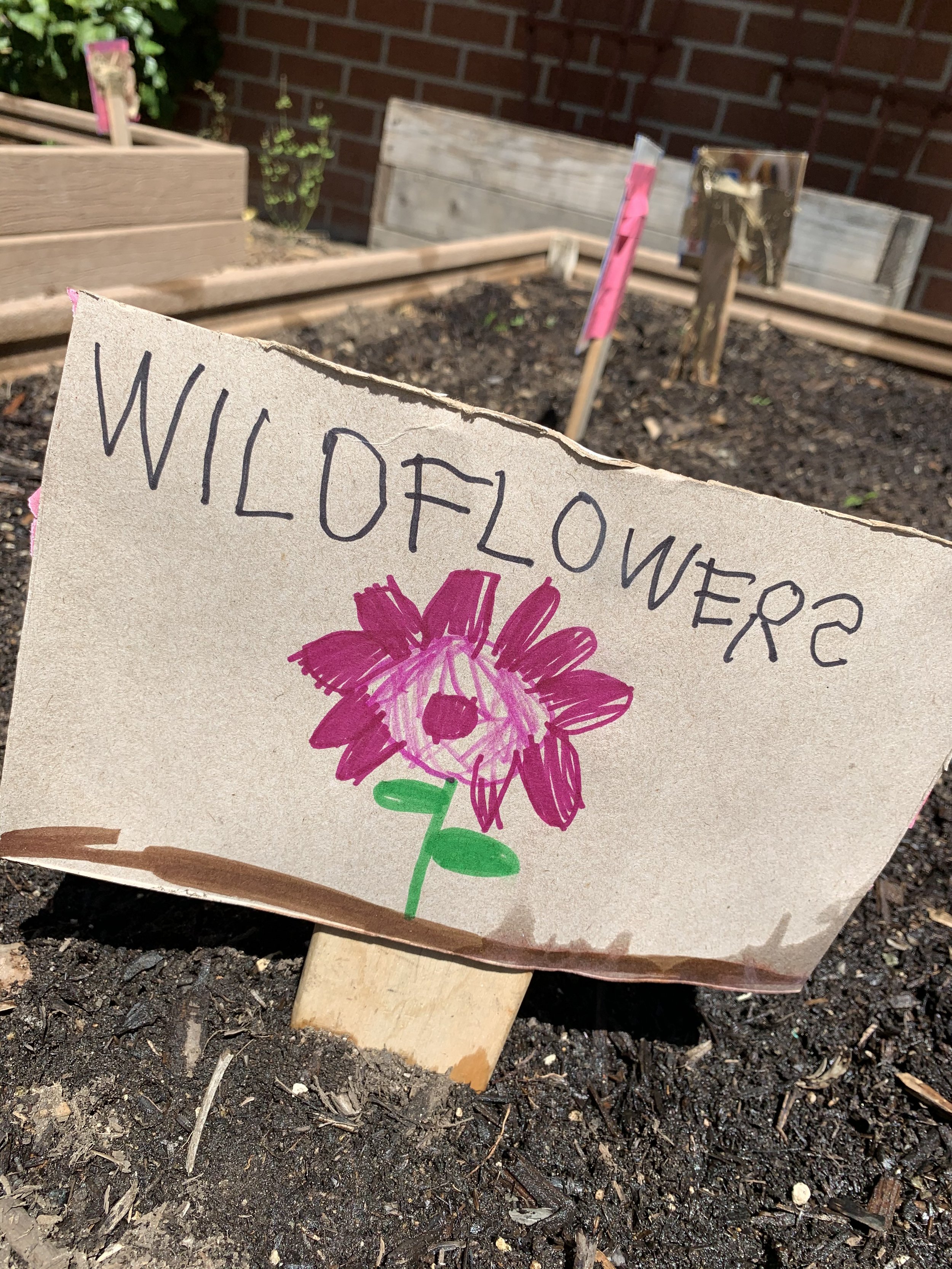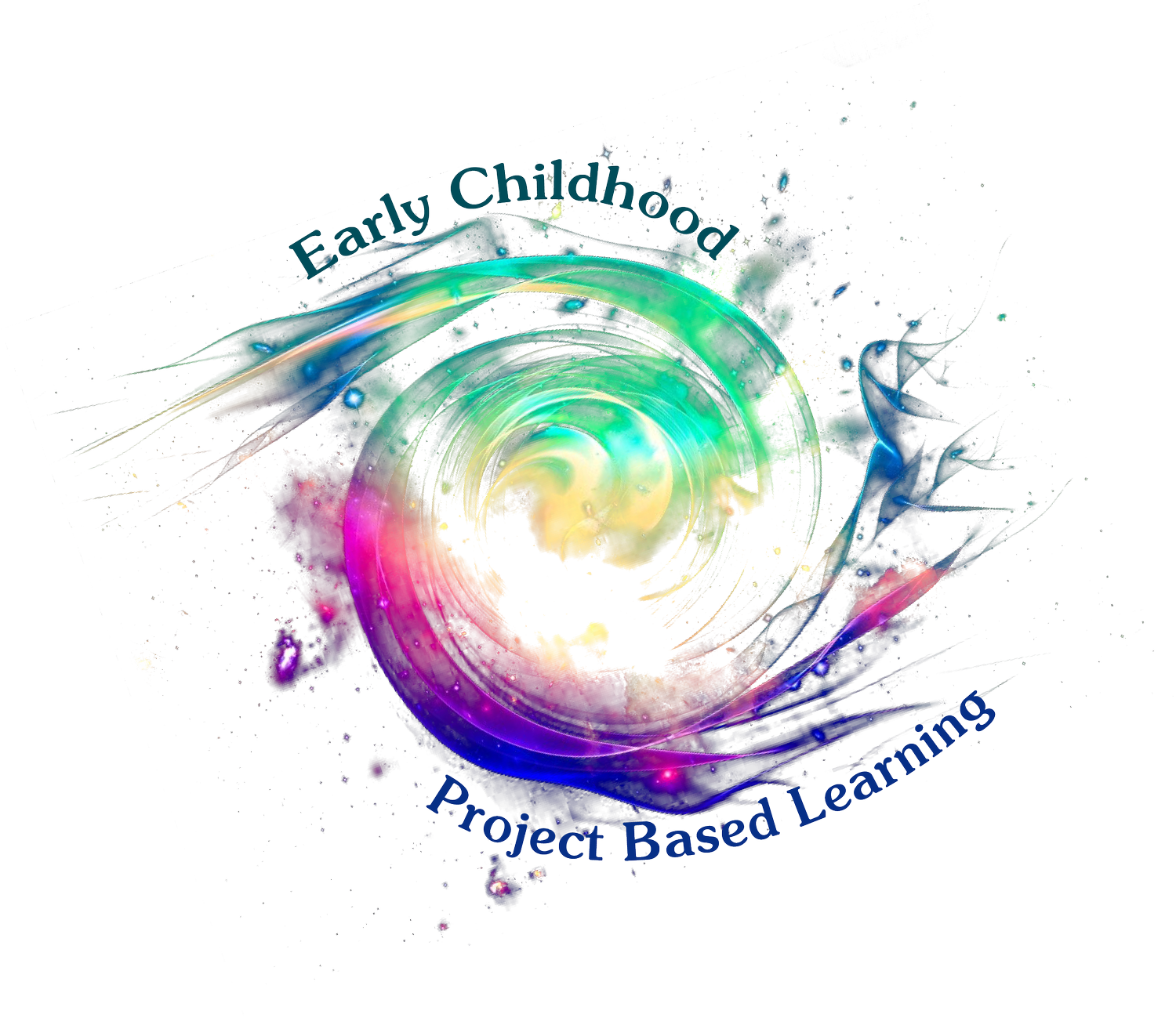
“I learned that PBL with younger learners is a reality! The workshop has helped me to feel confident about fully implementing PBL with my group of younger kids!”
Workshop Description
Our popular project planning workshop is now an online, self-paced course! Register as an individual or with a team and get a $25 discount off each registration (3 people or more). Click here for course details. To schedule a virtual or in-person workshop for your school or community, please email us!
Implementing PBL with young children requires an integrated curricular approach that helps students understand the relevance of what they are learning, whether projects are conducted in-person or online. Integration also illuminates the connections to scenarios that exist beyond the school walls so that children have the agency to apply their learning to broader contexts. Rather than compartmentalizing different subjects, integration in PBL mirrors the way that learning actually happens in the world. And because Project Based Learning is so nuanced, there isn’t a single approach to planning for integrated learning.
During this 3.5 hour workshop, we share our own learner-centered, inquiry-based approach to planning for integration in a PBL unit. This three-layered approach empowers teachers to create meaningful learning experiences that guide the sustained inquiry process, including three specific elements (1) inquiry, (2) investigation, and (3) experimentation. When children readily engage in research opportunities by way of first-hand, authentic experiences, they discover connections between the content, their interests, and the world beyond the classroom.
Workshop Outcomes
Examine the definition of PBL to understand the difference between themes, projects, and Project Based Learning through an early childhood lens.
Acknowledge possible misconceptions and assumptions about the way young children can successfully engage in PBL, particularly as they relate to inquiry and integration.
Learn to plan PBL units by incorporating existing curricula and schedules while leveraging children’s interests and questions.
Redefine the concept of “research” to include authentic investigations, experimentation, inquiry and learning experiences that build on young children’s natural curiosity and sense of wonder.
Explore how to plan lessons and experiences for sustained inquiry, using an integrated approach that allows students to understand the connection between content areas and process-related skills and apply learning to broader contexts.
In this session, we address both remote and in-person PBL.
